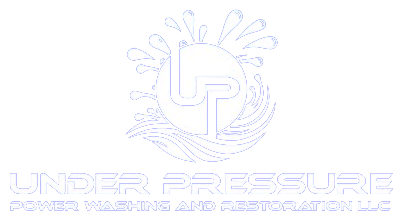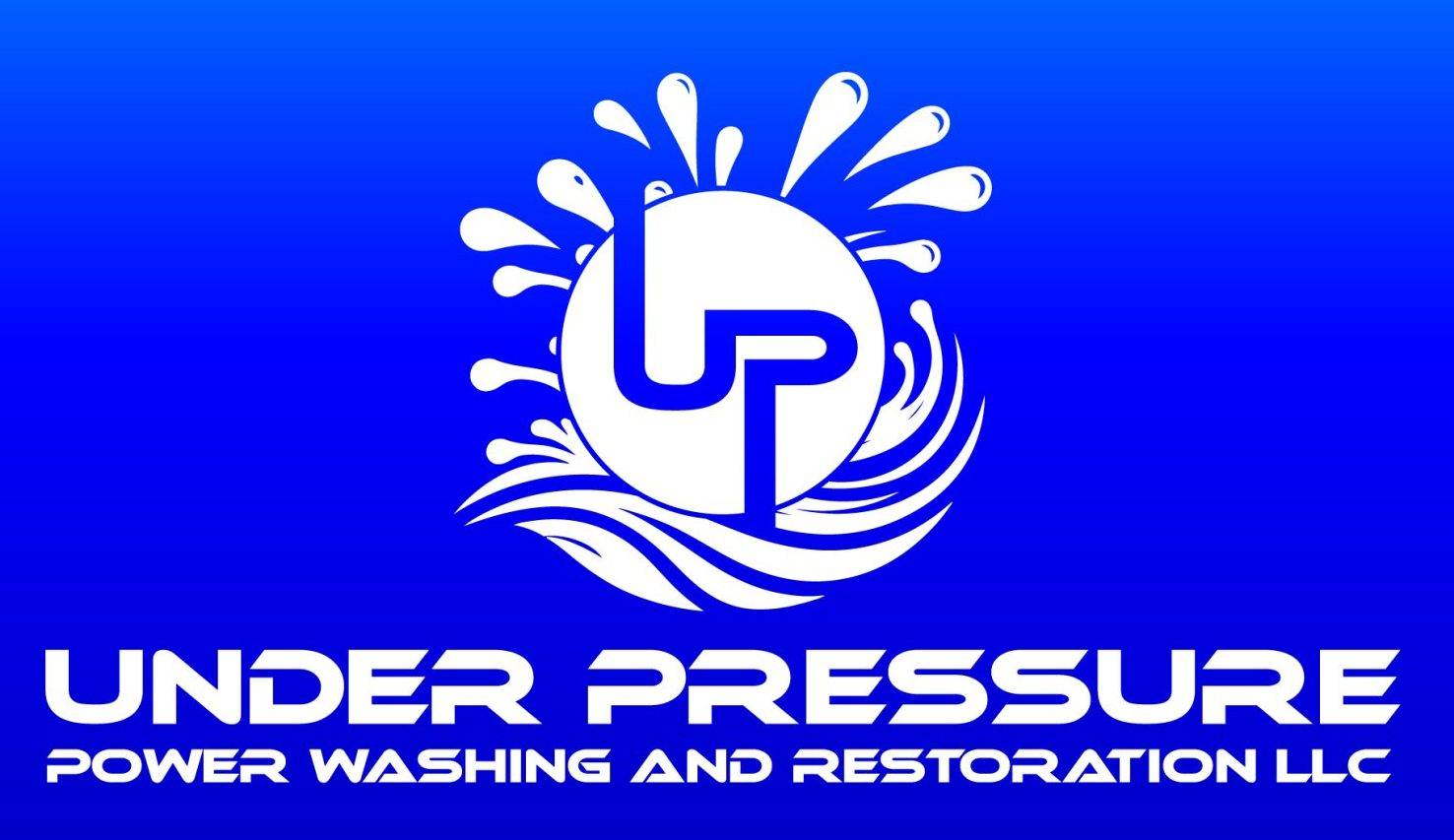
Concrete is a durable and versatile material commonly used for driveways, patios, sidewalks, and floors. Over time, however, it can accumulate dirt, stains, mold, and grime, which can affect its appearance and integrity. Learning how to clean concrete effectively can help restore its original look and extend its lifespan.
Whether you’re tackling concrete steps, driveways, or floors, cleaning concrete surfaces doesn’t have to be a difficult task. In this guide, we’ll break down how to clean concrete in 10 easy steps that you can follow. With the right tools and techniques, you’ll have your concrete looking fresh and new in no time.
Gather Your Cleaning Supplies
Before you begin, it’s essential to have all the right materials. Here’s what you’ll need:
- Broom or Leaf Blower: For removing loose debris like leaves or dirt.
- Bucket: To mix cleaning solutions.
- Concrete Cleaning Solution: Choose a cleaner designed for concrete, or you can make your own with simple ingredients like baking soda or dish soap.
- Pressure Washer or Hose: To rinse the surface clean.
- Scrub Brush: A stiff-bristled brush is perfect for scrubbing stubborn spots.
- Protective Gear: Gloves, goggles, and safety boots for protection, especially if you’re using chemicals.
If you’re dealing with large areas or stubborn stains, you might want to consider hiring a residential cleaning and washing company or a commercial pressure washing company in Cypress to get professional results.
Sweep or Blow Off Loose Dirt
Before using any water or cleaning solution, start by removing loose dirt, leaves, and debris from the surface of the concrete. You can use a broom or a leaf blower to clear off the majority of the debris. This step ensures you’re not just spreading dirt around while cleaning.
For concrete steps, this step is particularly important, as small particles can scratch the surface if left behind.
Choose the Right Concrete Cleaning Solution
Now it’s time to choose a cleaning solution. There are several types of cleaners available, depending on the level of grime or staining:
- General Concrete Cleaner: If your concrete is just dirty but not stained, a simple solution of water and mild dish soap or a store-bought cleaner will work.
- Concrete Cleaning Solution for Stubborn Stains: If you’re dealing with oil, grease, or heavy stains, use a stronger concrete cleaner or degreaser. Some homemade solutions involve a mixture of vinegar, baking soda, or even ammonia.
- Pressure Washer Detergent: If using a pressure washer, a specialized cleaner designed for high-pressure cleaning can help break down dirt and grime more effectively.
When cleaning concrete, how to clean concrete steps or floors might require different cleaners based on the materials and stains. Choose the solution based on your specific needs.
Apply the Cleaning Solution
For larger concrete surfaces like driveways or patios, mix the cleaner with water according to the manufacturer’s instructions and apply it generously to the surface. Use a mop, sponge, or sprayer to cover the entire area evenly. For stubborn spots, apply a stronger amount directly to the stain and let it sit for a few minutes.
If you’re working on smaller concrete areas like steps, you may want to apply the solution in sections for better control.
Scrub the Surface
Use a stiff-bristled brush to scrub the surface, especially on areas with heavy stains. For concrete steps, pay special attention to the corners and edges, where dirt tends to accumulate. The scrubbing action will help lift grime and debris from the surface.
For large areas, you can use a power scrubber to speed up the process. Scrubbing is vital to remove any stubborn dirt and stains that a simple rinse won’t tackle.
Use a Pressure Washer (If Necessary)
For extensive cleaning, especially on driveways or patios, a pressure washer is one of the most effective tools for removing grime from concrete. A hot water pressure washer will provide even better results on oil or grease stains, as the heat helps break down tough contaminants.
Set your pressure washer to a lower setting (around 2,500 PSI) for concrete surfaces to avoid damage. Move the nozzle back and forth, keeping the wand about 12 inches above the surface. If you’re cleaning concrete steps, it’s best to use a gentle spray to avoid stripping the finish or causing damage.
Rinse Thoroughly
Once you’ve scrubbed the concrete surface and used a pressure washer, it’s time to rinse the cleaner off completely. Use a hose or pressure washer to remove all the cleaning solution and any lifted dirt or debris. This is an important step to ensure no residue is left behind, which can attract dirt and debris later.
If you’re cleaning smaller areas like concrete steps, a garden hose with a spray nozzle should suffice. For large surfaces, a pressure washer will be more effective.
Treat Stubborn Stains
If stains are still visible after the initial cleaning, it may be necessary to use a specialized treatment. For oil stains, apply a degreaser directly to the stain, allow it to sit for a few minutes, and then scrub the area again. Concrete cleaning solution designed for specific stains (like rust, moss, or mold) can also be effective.
For difficult-to-remove stains, you might want to contact a Residential window cleaning services in new Caney or a commercial pressure washing company in Cypress, which may have access to industrial-strength cleaners and equipment that can restore your concrete to its original state.
Let It Dry
Once you’ve completed the cleaning, let the concrete surface dry completely. This can take anywhere from a few hours to a day, depending on the weather and the amount of moisture in the air. Allowing it to dry will help you assess whether any areas need additional cleaning.
Seal the Concrete (Optional)
To help keep concrete clean for longer periods, consider applying a concrete sealer. This will protect the surface from stains and make it easier to clean in the future. Sealing is especially beneficial for driveways and patios, where exposure to the elements can lead to faster deterioration.
Sealers are typically applied using a roller or sprayer and left to dry for several hours. Always follow the manufacturer’s instructions for the best results.
Ending Notes
How to clean concrete may seem like a daunting task, but by following these 10 easy steps, you can restore the look of your concrete surfaces without much hassle. Whether you’re cleaning concrete steps, patios, or floors, the right cleaning solutions, tools, and techniques will help you achieve excellent results. Regular cleaning and maintenance can also help you keep concrete clean and protect it from long-term damage. If you prefer a professional touch, don’t hesitate to reach out to a residential cleaning and washing company for more specialized services.







